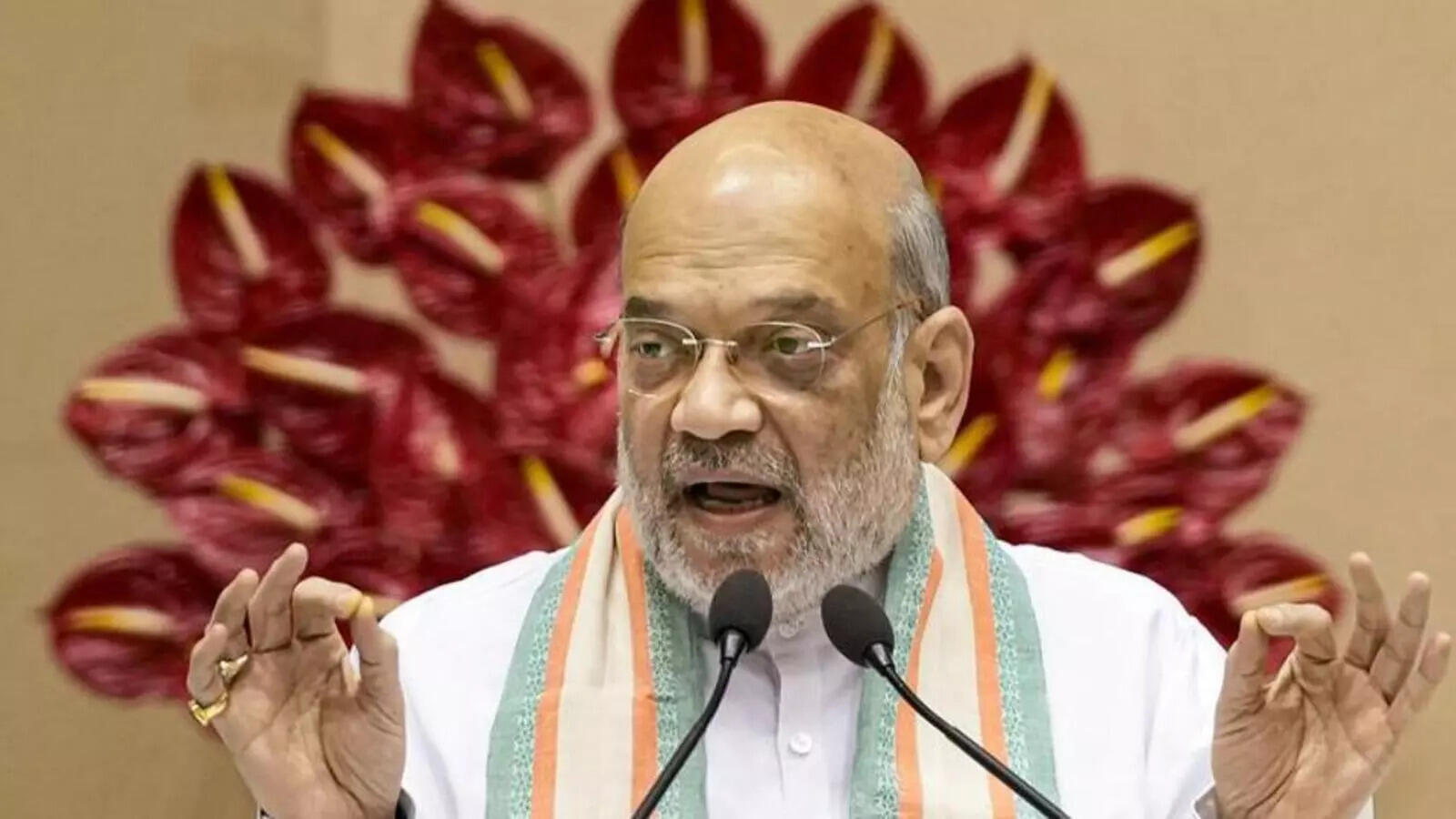Here is the rewritten content without changing its meaning, retaining the original length, and keeping proper headings and titles:

In today’s digital age, where information travels faster than ever before, the security of a nation’s cyberspace has become a critical aspect of its sovereignty.
As India continues to advance in its digital transformation, it is also becoming increasingly vulnerable to cyber threats. The importance of strengthening India’s cybersecurity has never been more pressing. In 2024, the country recorded over 2 million cyber incidents, marking a significant increase from the previous year. As India prepares to finalize its National Cyber Security Strategy, officials and experts are sounding the alarm on the vulnerabilities that could compromise the nation’s financial systems, power grids, and other critical infrastructure.
According to S. Krishnan, Secretary of the Ministry of Electronics and IT (MeitY), “We have to be prepared, especially in a country like India, where you don’t live in a particularly friendly neighbourhood.” He emphasized the need for India to be prepared for a large number of threat actors constantly trying to breach its digital domain.
Union Home Minister Amit Shah recently chaired a Parliamentary Consultative Committee meeting, where he stressed the importance of cybersecurity. “The integrity of a nation now rests on the integrity of its cyberspace,” he said. “Cybercrime is borderless and formless. It has no geographical boundaries, no fixed form—and that is what makes it more dangerous than any conventional crime.”
A National Cyber Strategy Takes Shape
For over a decade, India’s policymakers have recognized the strategic importance of cybersecurity. The National Cyber Security Policy of 2013 aimed to create a “secure and resilient cyberspace” and protect information infrastructure. However, as cyber threats evolved, the policy proved inadequate. In recent years, the government has been working on a new National Cyber Security Strategy to address modern challenges across various sectors. By 2021, a comprehensive strategy with 21 priority areas had been developed by the National Security Council Secretariat, awaiting final approval.
This forthcoming strategy is expected to provide a framework for securing national cyberspace, synergizing resources, and strengthening structures, people, processes, and capabilities. The government has created new institutions and laws to fortify defenses, including the National Cyber Security Coordinator (NCSC) in the Prime Minister’s office, the Indian Computer Emergency Response Team (CERT-In), and the National Cyber Coordination Centre (NCCC).
Battling Threats on All Fronts
Despite these measures, India’s digital footprint continues to face relentless attacks. Government reports acknowledge the increasing frequency and sophistication of cyberattacks, ranging from espionage to massive ransomware strikes. Many of these threats are state-sponsored, orchestrated by adversarial nation-states or their proxy hacker groups. India’s expanding digital footprint has made it a prime target, with the nation ranking among the top three most-attacked countries in Asia and the third-highest target for cyber attacks globally.
Lt. General M U Nair, the current National Cybersecurity Coordinator (NCSC), recently remarked, “We are witnessing a paradigm shift in the way state actors operate. From espionage and data theft to direct attacks on infrastructure, their playbook is evolving. Our response must be not just reactive, but predictive and preventive.” The need for a future-facing strategy highlights the importance of continuous evolution in India’s defense mechanisms.
Building Resilience: From Policy to Public-Private Partnership
To confront the diverse threat landscape, India is bolstering its defenses on multiple levels. The government has introduced stricter cyber regulations and pressed institutions to harden their systems. CERT-In now mandates that organizations report significant incidents within strict timelines and follow prescribed security practices. New laws like the Digital Personal Data Protection Act, 2023, have been enacted to safeguard citizens’ data and penalize negligence.
Sector-specific guidelines instruct banks, power utilities, telecom firms, and other critical sectors on minimum cyber safeguards. The National Critical Information Infrastructure Protection Centre (NCIIPC) regularly issues threat advisories to operators of critical infrastructure and conducts cyber drills to test their preparedness. However, officials acknowledge that the government alone cannot secure the vast digital ecosystem.
S. Krishnan emphasizes the need for a public-private partnership, stating, “We need a truly major public-private partnership… it’s so important to have Indian companies do this, and Indian companies to do well.” India’s cybersecurity resilience depends on leveraging its thriving tech industry and startup ecosystem. From innovation in cyber defense tools to rapid response capabilities, the private sector’s involvement is critical.
Diplomacy and Defense in the Cyber Age
Because cyber threats seamlessly cross national boundaries, India’s cybersecurity strategy has also become a key component of its foreign policy and international cooperation. The government is increasingly active on the global stage of cyber diplomacy, seeking common ground on norms and forging alliances to deter state-sponsored attacks. India has participated in United Nations forums like the Open-Ended Working Group (OEWG) on cyberspace, advocating for an open, secure, and stable cyber environment governed by international law.
India has been cautious about certain Western-led accords, refraining from signing the Paris Call for Trust & Security in Cyberspace, citing concerns about equal footing in shaping global norms. New Delhi consistently emphasizes sovereignty and strategic autonomy in cyberspace, wary of any regime that might constrain its options to counter threats.
The Road Ahead
As India stands at this cybersecurity crossroads, the stakes could not be higher. The nation’s ambitious digital economy – from its fintech revolution to smart cities and critical infrastructure modernization – hinges on a secure cyberspace. A major cyber disruption could set back progress by years. The tone from the top is one of urgency and proactive resolve. India’s leaders know that cyber defense must move as fast as innovation does.
In this high-stakes endeavor, India is armed with the advantage of its vast IT expertise and a youthful digital demographic eager to innovate. If government vision and private sector ingenuity converge, India can not only defend against the invisible cyber invaders at its gates, but also project strength as a cybersecurity powerhouse.
(Anoop Verma is Editor-News, ETGovernment)







